Integrative medicine: body, mind and soul
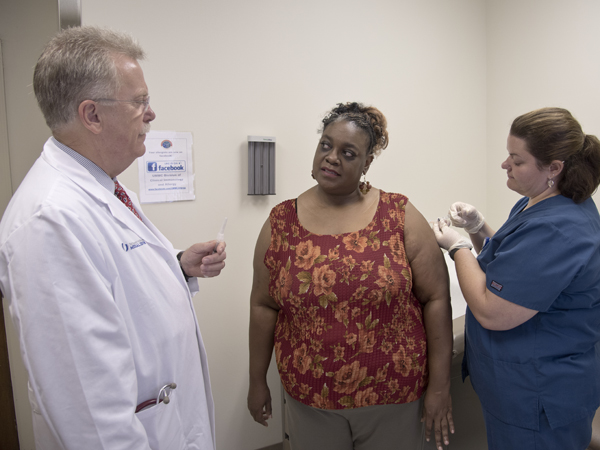
As if her severe asthma, chronic bronchitis, complicated migraines and allergic rhinitis weren't enough, single mom Ella Robinson found herself barely able to manage the side issues wrought by a long list of often-disabling diseases and the merry-go-round of failed treatment.
"I was going through all the psychological effects," she said of her constant pain and fear that an asthma attack would shut down her breathing. "On the inside, you're just dying. I thought that had to be connected in some way with me being sick, and that something had to be done with my mental state so that I could control my diseases."
Traditional treatments can overlook variables that often play a critical role in improving a person's health and well-being. That's why Robinson is a patient at the University of Mississippi Medical Center's new, twice-monthly integrative medicine clinic that focuses on much more than a person's root medical problems.
"The goal of integrative medicine is to address the whole person - the body, the mind and the spirit," said Dr. Gailen Marshall, professor of medicine and pediatrics and the R. Faser Triplett Sr., M.D. Chair of Allergy and Immunology. It's an evidence-based approach to care that puts the patient at the center, addressing the physical, emotional, mental, social, spiritual and environmental influences that may be impacting a person's health.
That could mean teaching the patient optimism versus pessimism, or the value of a therapeutic massage. Often, it will involve traditional medical therapy and psychology merging paths on the journey to finding a way to help patients feel their best.
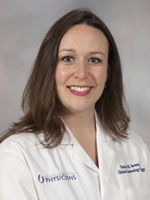
Marshall and Dr. Patricia Stewart, assistant professor of medicine, are seeing patients the first and third Friday afternoons of each month at the new clinic in UMMC's LB Building. Its patients are those with chronic allergy, asthma or skin problems who fall into one or more of the following groups:
- Their health-care providers haven't been able to provide a therapy or medication that gives them sufficient relief or healing.
- Their therapies or medications are producing undesirable side effects. "They might be having underlying issues with anxiety, depression or high psychological stress that also are affecting their treatment," Marshall said.
- They'd like to try more natural options to manage their illness, "and that's not just looking for an herbal solution," Marshall said. "They might, for example, be looking at a nutrition approach or trying to better manage stress in their lives."
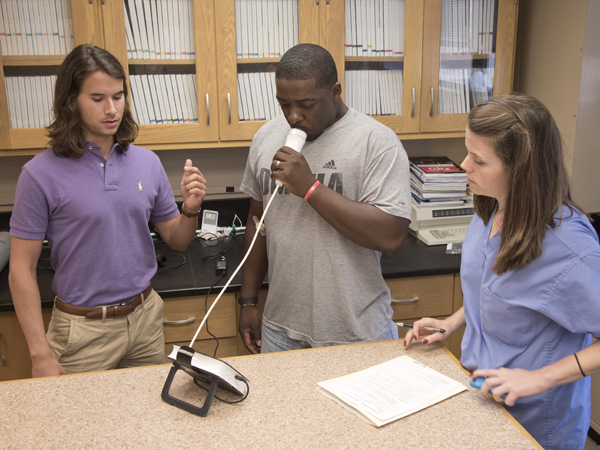
"It's a specialty clinic, and in this clinic, we will offer a cutting-edge, integrative approach to therapy for allergy and immunology issues. It's not for someone with a general medical problem," Marshall said. "That will come later."
It falls in line with the mission of the Virginia-based Academic Consortium for Integrative Medicine and Health. The Consortium strives to transform health care through scientific studies, new models of clinical care, and innovative programs that integrate biomedicine, the complexity of human beings, the intrinsic nature of healing, and the rich diversity of therapeutic medicine.
UMMC's new clinic is important because patients who struggle with medical problems also may have psychological difficulties such as stress and anxiety that need to be addressed, said Dr. Matthew Tull, associate professor in the Department of Psychiatry and Human Behavior and director of Anxiety Disorders Research.
Tull is directing UMMC's ongoing effort to open a new Center for Integrative Health that will treat patients coping with anything from digestive disorders to chronic pain to hypertension. "Integrative medicine can definitely be of benefit. It is based on the idea that the mind and body are intimately connected, and the best treatment approaches are those that address both the mental and physical health of the patient," he said.
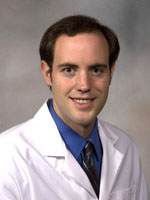
"Some of the services we are able to offer are psychological treatments for patients who might be experiencing a medical condition that is either poorly controlled, or exacerbated by psychological symptoms," Tull said "We can develop a comprehensive treatment plan that focuses on traditional medical care, combined with other approaches that might address their psychological needs."
Such therapies include mindfulness-based stress reduction, Tull said. "It's a focus on teaching patients to be more mindful, and to have a non-judgmental, present-moment awareness of what's going on inside you and around you," Tull said. "We help patients connect with the present moment, especially during times when they are flooded with worry or stressful thoughts. We help them connect with things that are important to them in life, rather than being distracted by worries or other stressful thoughts."
That therapy is making a huge difference for Robinson, a Jackson resident. "I've been taught how to separate fear from the things I really need to be addressing. If I have an asthma attack, I need to focus and be aware of where I am right now, and not in the future."
Understanding a person's whole health picture by asking the right questions will allow the clinic's physicians to determine the best therapy, Marshall said. "The patient and the provider need to form a partnership," he said. "The patient can't be a passive observer.
"If you prescribe a pill with bad side effects, and the patient won't take the pill, then what have you done for the patient?" he said. "We hope to form support groups for individuals who are having side effects to their diseases, and to help them deal with the idea that can feel better."
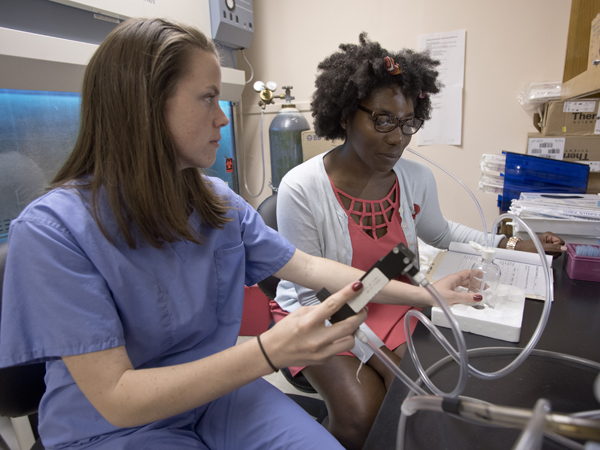
New clinic patients will provide information on their physical symptoms, psychological outlook "and any questions they have on spirituality. That's not to ask someone about their religious practices, but how they deal with natural challenges in their life," Marshall said.
"Standing and watching a sunset, for some, is a spiritual experience. We will ask questions to get an idea not just where the patient is physically, but where he is emotionally and spiritually," he said. "We will deal with their sleep quality, their nutritional history, their exercise history and their complete medical history."
Patients will receive an initial focused medical exam based on their main allergy- and immunology-related health challenge. "We will formulate a plan and work on their issues, and we will spend whatever time is necessary to take care of them," Marshall said. "If a given intervention isn't working, then we will stop it and try something else."
No referral is necessary for treatment, and the clinic will refer its patients to other physicians if they have medical conditions that don't fall under the clinic's umbrella - for example, cancer or a heart problem.
"Little by little, this will move out of the Friday clinics, and we'll have an integrative approach in dealing with all of our patients," Marshall said. "We want to see improved quality of care, and improved outcomes on disease control."
For Robinson, the integrative medicine clinic gives her not just quality of life, but hope.
"You wake up every day with an expectation that it will be a good day and not a horror," said the mom of three grown children. "It has made a world of difference. Now my smile is not a surface thing. It's on the inside, too."
Those wishing to make an appointment should call 601-815-1078 and specifically request the integrative allergy clinic.


